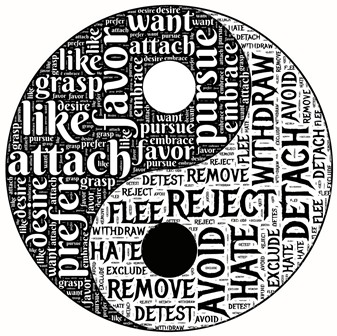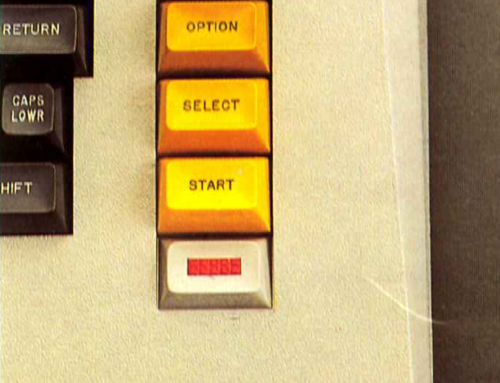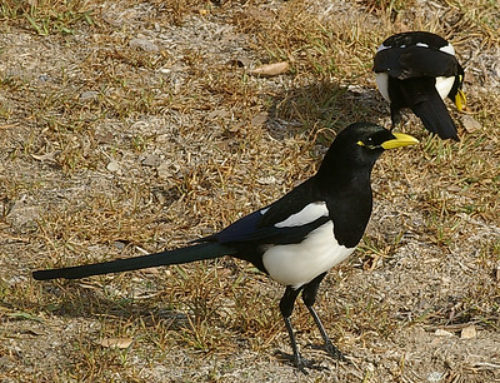Many years ago, when my kids were still small, I was sitting in the living room playing with the three of them. My oldest son, who was roughly seven at the time, decided he wanted to feed the fish. It was a fighter fish. It was old for a fighter fish. So I wasn’t terribly surprised to discover it had died.
My son, however, was distraught. He burst into tears and then said, “Why today of all days?” So I asked him what had happened today to make this worse, and he said, “When I was walking home from school, a leaf fell from the tree and I caught it.”
The yin and yang
Since that day, every time life has presented an obvious juxtaposition, I’ve thought of it as “the fish and the leaf.” It’s still surprising to me how often two opposing events occur in tandem. I knew a woman who gave birth on the same day her father died, in the same hospital. I had a friend who suffered a mini-stroke shortly after selling his business for millions of dollars. Just recently, a co-worker lost his best friend, on the same weekend his daughter got married.
We often hear about nature’s sense of balance and the tendency of systems to achieve equilibrium, but we still seem surprised to see it in action. I suspect that’s due to our inclination to categorize events as either good or bad. When a preponderance of good things happen, it was a good day. When a preponderance of bad things happen, it was a bad day.
Real life, however, isn’t so black and white. We can’t classify things as either pleasure or pain, sunshine or rain, good or bad, happy or sad. Instead, all these elements mix together in an ever-changing dynamic. That’s what makes life interesting, complex, confusing, and multi-faceted. And, really, isn’t that what we would choose, if we had a choice?
Looking for action
I remember hearing a motivational speaker address this subject; it may have been Jim Rohn. Pithily, he wondered what would happen if you picked up a book, read the first chapter, and nothing happened. And then you read the second chapter, and nothing happened. Same for the third and fourth chapters. At what point would you put down the book?
It’s a lovely analogy for life. If nothing is happening in your world, day after day, at what point do you question the quality of your life? I’m not saying we should be seeking constant action. I mean, no one wants to read a book where there’s a tragedy on every page either. But a good life—like a good novel—comes with its shares of ups and downs, and we don’t get to control the timing of those experiences.
There’s no doubt that you may not know what to feel when your fish dies on the same day you catch the first falling leaf. What you should try to remember is that that state of uncertainty is a sacred part of human experience. When life serves up good and bad in equal measures at the same time, it’s an opportunity for us to find the middle ground. We don’t react with excessive sorrow or excessive euphoria. Instead, our own systems come into balance—giving us the tools we need to accept life as it arrives, on its own terms.





Leave A Comment